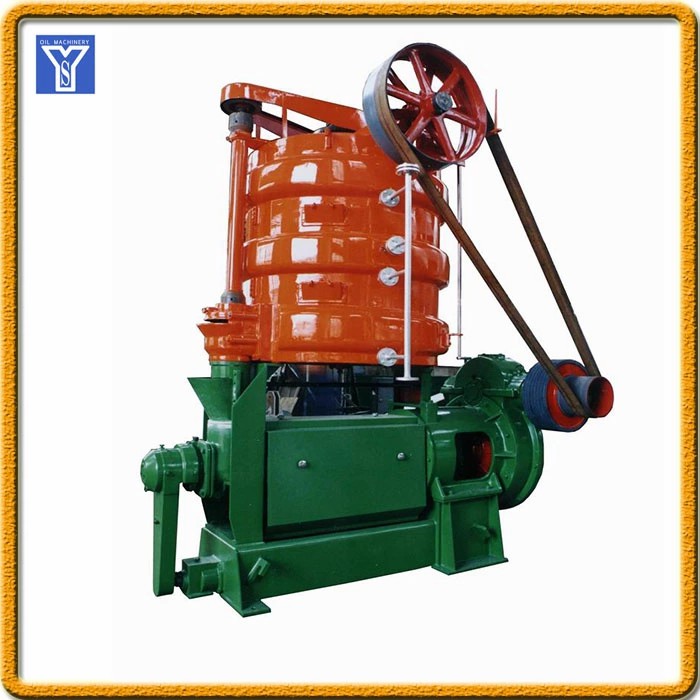Nov . 24, 2024 14:47 Back to list
Animal Oil Refining Process and Its End Products Analysis
Animal Oil Refining Processes and Products
Animal oil refining is a crucial aspect of the broader oil and fat industry, which plays a significant role in both food and non-food applications. With the increasing demand for high-quality animal fats and oils, refining processes have evolved to ensure that these products meet the necessary standards for safety, stability, and functionality. This article delves into the various stages involved in the refining of animal oils, the products obtained, and their diverse applications.
The Refining Process
The refining of animal oils primarily involves several key steps degumming, neutralization, bleaching, and deodorization. Each of these processes serves to remove impurities and undesirable components from crude animal oils.
1. Degumming The first step in the refining process is degumming, where water and acids are used to remove phospholipids and other gums. These components can lead to off-flavors and cloudiness in the final product. Degumming is critical for ensuring that the oil can be further refined without complications.
2. Neutralization Following degumming, the next step is neutralization. This process uses alkali substances such as sodium hydroxide to remove free fatty acids from the oil. The presence of free fatty acids can negatively affect the oil's flavor and shelf life, so this step is vital for improving the quality of the end product.
3. Bleaching Bleaching involves the elimination of color pigments and residual soaps through adsorption. Activated clay or carbon is added to the oil, absorbing unwanted colors and impurities. This step ensures that the final oil has the desired appearance, which can be essential for consumer acceptance.
4. Deodorization The final refining step is deodorization, where the oil is heated under vacuum to remove volatile compounds that contribute to undesirable odors and flavors. This process is essential for producing a neutral-tasting and odorless oil, making it suitable for a range of culinary applications.
Products of Animal Oil Refining
animal oil refining unit products

The refined animal oils result in a variety of products that can be categorized based on their applications
1. Culinary Oils Refined animal oils, such as lard and tallow, are widely used in the food industry. They serve as cooking fats, flavor enhancers, and are key ingredients in processed foods, baked goods, and confectioneries due to their unique flavor profiles and textural properties.
2. Biodiesel As sustainability becomes increasingly important, refined animal oils are also being explored as alternative feedstocks for biodiesel production. When transesterified, these oils can produce fatty acid methyl esters (FAME), a renewable source of energy that can help reduce greenhouse gas emissions.
3. Cosmetics and Personal Care Products Refined animal oils, particularly from sources like lanolin, are often used in cosmetics and personal care formulations. They act as emollients, providing moisturizing properties and enhancing the texture of products such as lotions and creams.
4. Industrial Applications Refined animal fats are employed in various industrial applications, including lubricants, candles, and soaps. Their properties can enhance the performance of these products, making them more effective for specific uses.
5. Animal Feed Certain by-products from the refining process, such as glycerin or residual fats, can be repurposed as high-energy ingredients in animal feed formulations. This recycling of by-products not only reduces waste but also creates added value from the refining process.
Conclusion
Animal oil refining plays a vital role in producing high-quality oils that meet the diverse needs of various industries. Through a series of well-defined processes, crude animal oils are transformed into refined products suitable for culinary, industrial, and personal care applications. As the global market continues to evolve, the importance of refinement technology will only increase, ensuring that animal oils remain a relevant and valuable resource in a variety of sectors. Advances in refining methods and sustainability practices will undoubtedly shape the future of animal oil products, making them essential components in our everyday lives.
-
HP 120 Model Cold Oil Press - Hebei Huipin Machinery Co., LTD | Automatic Temperature Control, Vacuum Filtration
NewsAug.09,2025
-
HP 120 Model Cold Oil Press - Hebei Huipin Machinery | Oil Extraction, Cold Pressing
NewsAug.09,2025
-
High-Efficiency Black Seed Oil Expeller & Press Machine
NewsAug.09,2025
-
HP 120 Cold Oil Press - Hebei Huipin Machinery|Cold Oil Extraction, Multi-Functional Press
NewsAug.09,2025
-
HP 120 Model Cold Oil Press - Hebei Huipin Machinery | Automated Oil Extraction, High Efficiency
NewsAug.08,2025
-
HP 120 Model Cold Oil Press-Hebei Huipin Machinery|Oil Extraction, High Efficiency
NewsAug.08,2025
